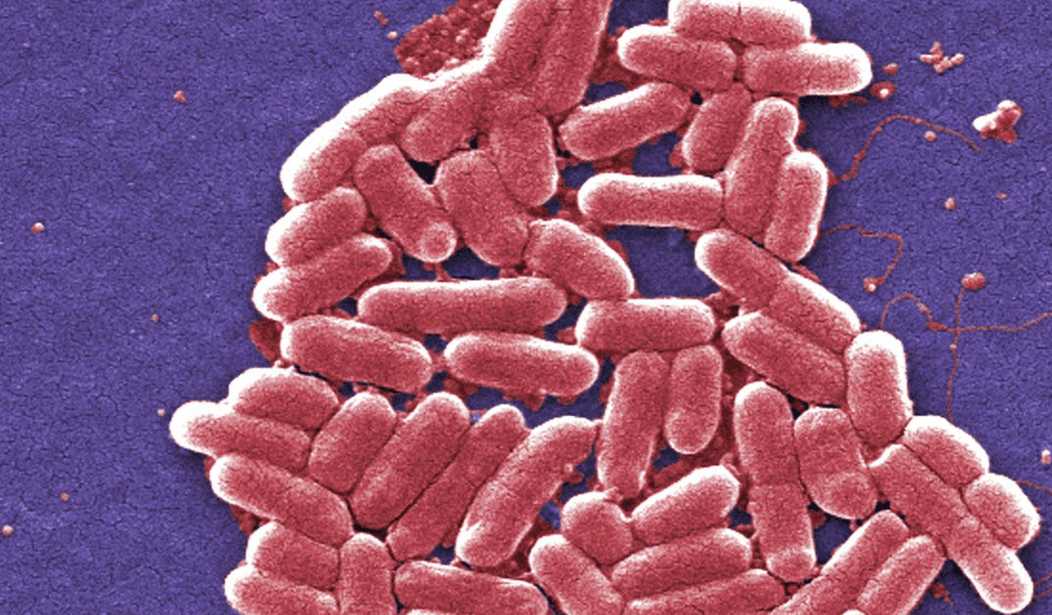For more than a decade, doctors and researchers have been warning us that a day was coming when some bacteria would mutate into strains that were totally resistant to all known antibiotics. These “superbugs” would wreak havoc, with about half the patients who became infected dying for lack of an effective drug to kill them.
That day has arrived in the United States.
The Centers for Disease Control and Prevention announced Friday that a 49-year-old Pennsylvania woman showed the presence of a rare kind of E. coli infection, the first known case of its kind in the United States. It’s a superbug resistant to antibiotics — even Colistin, which doctors use as a last resort when other antibiotics fail.
The woman went to a clinic in Pennsylvania, and a sample was forwarded to Walter Reed National Military Medical Center. Walter Reed found the bacteria in her urine. There is no indication of how the bacteria got into the woman’s system. She had not traveled outside the United States within the past five months.
The CDC and the Pennsylvania Department of Health mobilized immediately to investigate the case and to trace contacts the patient may have had to see whether the bacteria had spread.
The woman was treated and released and has no other medical problems related to the bacteria that we know of, according to Dr. Alex Kallen, a medical officer with the CDC.
The CDC said it is looking for other potential cases in the health care facility the patient visited.
The bacteria have been identified in other infections outside the United States. Doctors saw cases inEurope, Canada and China.
The U.S. Department of Agriculture also found one strain of Colistin-resistant E. coli in a single sample of a pig intestine, according to a statement from the Department of Health and Human Services. The USDA is trying to determine what farm the pig came from to see whether any other animals were impacted.
These two cases are what the CDC characterized as a “warning sign, more than a catastrophe,” according to Kallen.
The concern is that traits of this rare mutant Colistin-resistent E. coli could jump to other bacteria that respond only to Colistin, creating a potentially unstoppable superbug.
One report suggests that antibiotic-resistant infections can result in the deaths of half the patients who become infected.
Antibiotic resistance has become a growing problem in this country. The World Health Organization has warned that it is one of the biggest threats to global health today.
Frieden warned that although this is the first case in the United States, we should expect to see more such superbugs in the near future. Frieden, who often warns doctors against overuse of antibiotics, urged scientists to develop new drugs quickly.
The single, leading factor in the creation of superbugs is misuse of antibiotics, either taking them when you don’t need them or not finishing the antibiotic regimen prescribed by the doctor. The latter scenario is the most common, and the biggest reason for the existence of the bugs.
“What the public should know is that the more antibiotics you’ve taken, the higher your superbug risk,” says Eric Biondi, MD, who runs a program to decrease unnecessary antibiotic use. “The more encounters you have with the hospital setting, the higher your superbug risk.”
When penicillin was accidentally discovered in the 1930s, it was truly a miracle drug. At a time when a cut on your finger could develop into a serious infection and kill you, many believed a cure for almost all diseases was on the horizon.
While antibiotics have, indeed, saved countless lives, our misuse of them may eventually be our undoing. At present, the arms race between the bugs and the drugs is being won by medicine. But in the near future, that might change — to the detriment of our health and civilization.









Join the conversation as a VIP Member